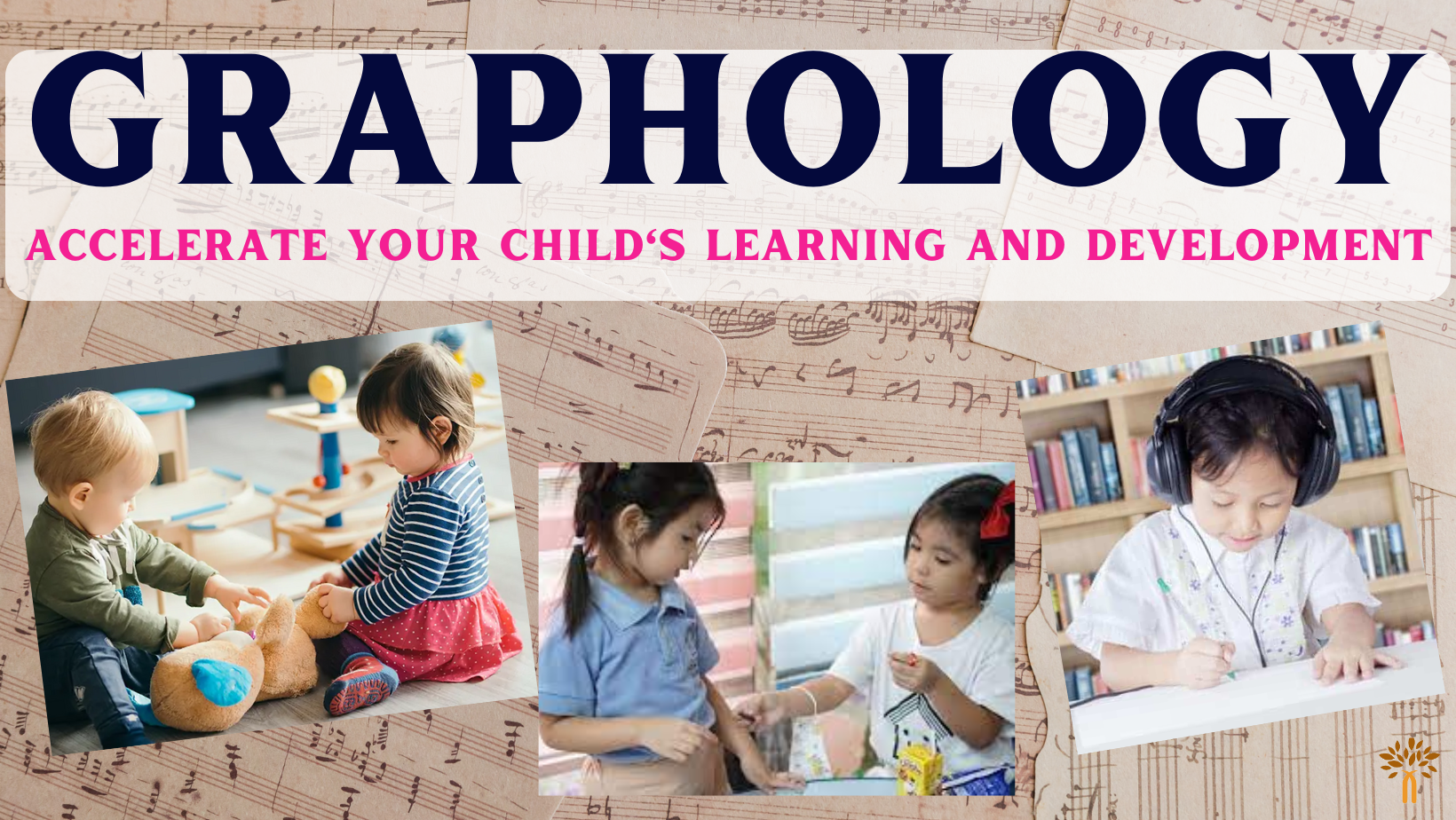Alternative Therapies
- Alternative Medicine
- Access Bars
- Access Body Processes
- Access Consciousness
- Access Energetic Faclift
- Acupressure
- Acupuncture
- Akashic Records
- Ancient Magnetism
- Angel Healing
- Aromatherapy
- Aura Reading
- Ayurveda
- Bach Flower Remedies
- Blueprint Numerology
- Breathwork
- Chakra Healing
- Cosmetic Acupuncture
- Crystal Healing
- Cupping Therapy
- Divine Healing Hands
- Distance Healing
- Emotional Freedom Technique (EFT)
- Energy Healing
- Energy Medicine
- Ergonomics
- Family Constellation
- Face Reading
- Fengshui
- Gaiadon Heart
- Geomancy
- Heal Your Life
- Graphology
- Holistic Solutions
- Holy Fire Reiki
- Homeopathy
- Ho'oponopono
- Humkara with Haleem
- Hypnotherapy
- Inner Child Therapy
- Intuitive Reading
- Jesus Reiki
- Jikiden Reiki
- Jin Shin Jyutsu
- Karuna Reiki
- Karmic Healing
- Lama Fera
- Life Coaching
- Lenormand Cards
- Light Language Healing
- Law of Attraction
- Manual Therapy
- Matrix Reimprinting
- Metaphor Therapy
- Meditation
- Mediumship
- Melchizedek Method
- Merlin Trinity Healing
- Merkaba Healing
- Money Reiki
- Motivational Counseling
- Mudra Healing
- Nakshatra Energies
- Naturopathy
- Neuro Linguistic Programming (NLP)
- Numerology
- Oracle Cards
- Panchakarma (Ayurveda)
- Panchkarma Holistic Healing - Mind Control
- Past Life Regression
- Pendulum Dowsing
- Physiotherapy
- Pranic Healing
- Pranic Psychotherapy
- Pythagorean Numerology
- Quantum Jumping Meditation
- Quantum Touch Healing
- Pyramids
- Redikall Healing
- Reiki
- Rudraksh
- Runes
- Soul Plan Reading
- Sound Healing
- Star Magic Healing
- Space Clearing
- Sujok therapy
- Tarot
- Theta Healing
- Twin Flame Healing
- Twin Hearts Meditation
- Unani Medicine
- Yoga
- Wicca
- Womb Healing
Diseases & Conditions
- Acne & Pimples
- Allergies
- Arthritis
- Asthma
- Behavioural Disorders
- Cancer
- Dandruff
- Diabetes
- Emotional Problems
- Gallstones
- Gastritis
- Hairloss
- Heart Diseases
- Hormonal Problems
- Hypertension
- Immune Disorders
- Infections
- Infertility
- Jaundice
- Kidney Disorders
- Liver Disorders
- Menstrual Disorders
- Migraine
- Neck & Back Pain
- Obesity
- Osteoporosis
- Peptic Ulcer
- Prevention
- Prostate Problems
- Psoriasis
- Sexual Dysfunctions
- Sinusitis
- Sleep Disorders
- Skin Diseases
- Stress
- Thyroid Disorders
- Ulcerative Colitis
- Urinary Infections
General Wellness
Graphology To Accelerate Your Child's Learning And Development
Graphologist Varun L Rupani.

Varun L. Rupani has been a practising graphologist for the past 17 years and has conducted numerous courses in India, for individual and corporate clients.


Anjali Rajwaney
Anjali S. Rajwaney is an Empowering Numerologist & an Integrated Approach Therapist. She has devoted a lot of time to the study & research on numbers and how they affect human lives..


Dr. Kirti Kanodia
Dr. Kirti Kanodia is a certified Theta Healer, Trained Family Constellation Facilitator, Tarot card Reader, Past life Regression Therapist, Angel card reader, Inner child integration, Vedic Astrologer, Tasso Therapist and Reiki Master.

GRAPHOLOGY

Graphology To Accelerate Your Child's Learning And Development
Graphology, or the analysis of handwriting, is a controversial field when it comes to its application in accelerating a child's learning and development. While some proponents believe that handwriting can reveal aspects of personality and cognitive strengths, the scientific consensus is that graphology lacks empirical support and is not considered a valid tool for psychological assessment or educational enhancement.
Here are some considerations regarding graphology and its use in child development:
Lack of Scientific Validity: Graphology is not scientifically validated as a method for assessing personality traits or predicting cognitive abilities. Handwriting analysis is subjective and lacks standardized methods that can reliably link specific handwriting characteristics to learning potential or developmental outcomes.
Potential for Misinterpretation: The subjective nature of graphological analysis can lead to misinterpretations or biases. Traits attributed to handwriting may not have any real correlation with a child's learning abilities or developmental trajectory.
Focus on Established Educational Practices: Rather than relying on unproven methods like graphology, it's generally recommended to focus on evidence-based educational practices and interventions. These include personalized learning plans, structured educational activities, and supportive environments that cater to individual learning styles and needs.
Individual Differences: Children develop at different rates and have diverse learning styles. It's crucial to recognize and support these differences through effective teaching strategies and educational resources that are grounded in educational psychology and pedagogical research.
Holistic Development: Child development involves various factors including cognitive, emotional, social, and physical domains. Accelerating learning and development should involve a holistic approach that addresses all these aspects rather than focusing narrowly on handwriting analysis.
In summary, while graphology may be intriguing to some, especially in terms of understanding personality traits, it is not considered a reliable or valid approach to accelerate a child's learning and development. Instead, parents and educators are encouraged to rely on evidence-based educational practices and personalized approaches that consider the unique needs and strengths of each child.





